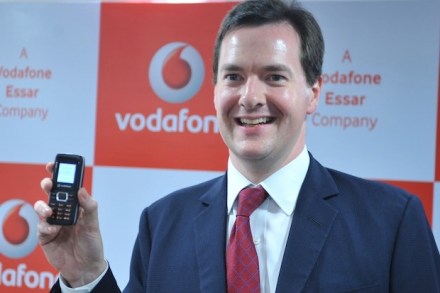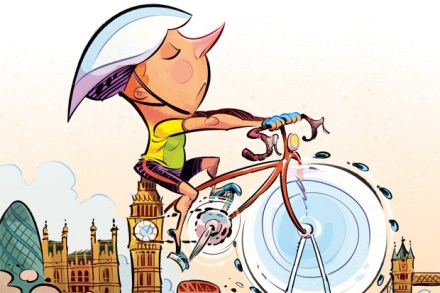Cure addiction the Mao Tse-tung way
Yes Trinny Woodall I’m Trinny, I’m an alcoholic and I’m an addict. When asked whether addiction is a disease, I didn’t have to think twice. Knowing that I have a disease is how I manage to have a healthy life today. All I can tell you about addiction is my experience. I grew up in a very normal home. Both my grandfather who was an alcoholic and an uncle who was alcoholic died of this illness. When I went to my first rehab I kept wondering: why I am an addict? They told me: ‘Don’t be concerned with why you have developed this disease. It’s in you, you have it,




















